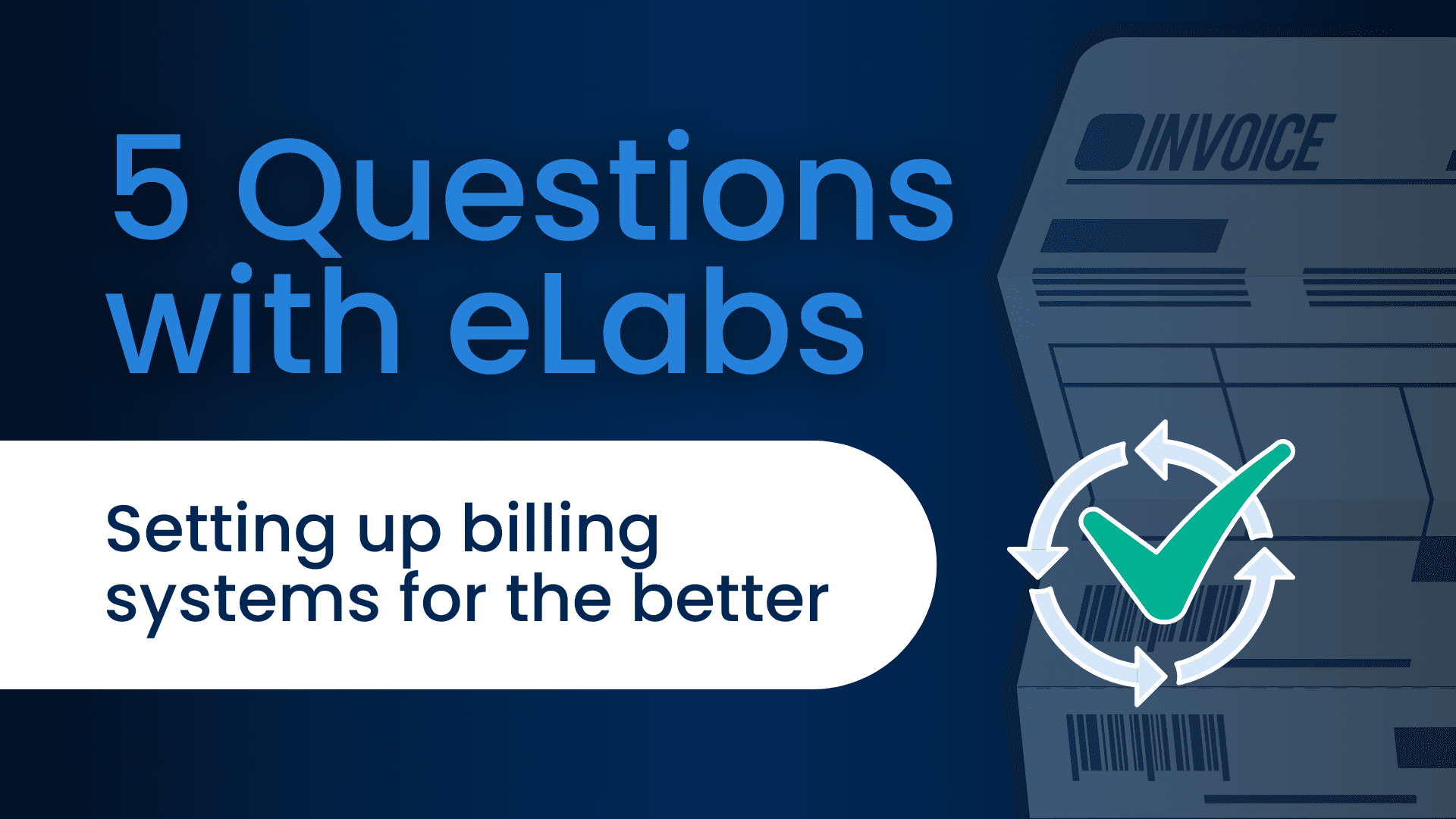Fact or fiction? We take a look at four of the widest misconceptions about accountants and the accounting profession.
Let’s be perfectly honest: accountants don’t exactly enjoy the best popular image. While accounting remains, by all means, a highly-respected profession, stereotypes and misperceptions about accountants abound, resulting in some unflattering portrayals or unfair pigeonholing.
Of course, everyone at Clarity Recruitment knows firsthand that accountants can be far more interesting, creative, and dynamic personalities than they’re perceived as being. To debunk some of the misconceptions that continue to surround the profession and sector, we’ve assembled a list of four popular myths about accountants, who they are and what they do.
Myth #1: Accountants are nerds
On the proverbial totem pole of “cool” or “racy” knowledge-based jobs, accounting probably ranks lower than some other, “sexier” professions, like law, medicine, politics, and journalism. Accounting work is typically pegged as dry and tedious, involving a lot of mathematics (even though it just as often requires an ability to write well). And with their required aptitude for numbers and proclivity for order, accountants themselves are seen as bookish, fastidious types – by instinct conservative and risk-averse.
But don’t believe the (lack of) hype. While it’s true that accounting duties can be extremely detail-oriented, requiring level-headed professionals with strong organizational skills, to paint all accountants as nerdy is plain bunk.
As today’s governments consider innovative tax structures to address environmental concerns, like cap and trade or carbon taxes, accountants are being called upon for more than simple number-crunching. “There’s a whole qualitative side to accounting,” Kinney writes, “where you’re getting into risk disclosure as opposed to risk quantification.”
Accounting work is often pegged as dry or painstaking, involving a lot of math.
Anecdotally, we’ve met plenty of accountants who do seriously exciting stuff in their off time. A case in point: we recently interviewed a CA who is also a lead guitarist in a popular, nationally-touring tribute band. Another races motorcycles competitively on the weekends. Clearly, the stereotypical “nerd” they are not.
Myth #2: Accountants aren’t interested or involved in social change
There’s also a perception that accountants are chiefly employed in for-profit companies or government operations. But many accountants hold strong social justice values and are committed to doing accounting work for non-profit organizations – whether in a full-time capacity or on a one-off or even volunteer basis.
Furthermore, as the non-profit realm evolves and there is increased convergence between the private and voluntary sectors, there is a raising need for accountants in social enterprises – organizations that have for-profit functions, but work towards a social mission or purpose.
For example, we recently featured an interview with Alison Spitzer, a CA and a former employee at KPMG. Spitzer currently works as an accountant at Me to We, a social enterprise that encourages socially-conscious and eco-friendly consumer choices and donates half of its profits to charity partner Free the Children. Spitzer explains that her time at KPMG provided her with solid, transferable skills, but that ultimately she was happiest doing something that gave back to the community.
Myth #3: Accountants are not involved in core business operations
There’s an assumption that accountants play a highly compartmentalized role when it comes to business. It’s widely thought that they simply help clients navigate financial information, without becoming heavily involved in a company’s key visions or operational functions.
In actuality, accounting teams are increasingly getting involved in business operations. By leveraging their ability to transform theoretical goals into sustainable processes, accountants are increasingly helping managers test out ideas and develop best practices for things like training systems, or for encouraging suppliers to be more responsible.
…we recently interviewed a CA who is also a lead guitarist in a popular, nationally-touring tribute band. Another races motorcycles competitively on the weekends. Clearly, the stereotypical “nerd” they are not.
Myth #4: Accountants don’t play a role in innovation
Too often, accountants are dismissed for not being “the idea guys” or “gals.” But they actually play a key role in the innovation process, helping managers decide what practices and principles will deliver the biggest bang for their bucks.
Sure, businesses are typically launched and run by entrepreneurial types (which, however, does not preclude an accounting background, as underscored in our interview with Greg Twinney, a CGA with a successful entrepreneurial background, who is currently CFO/COO of Kobo, Inc.). But many entrepreneurs benefit from the stable and balanced viewpoint of an accountant, who help them put things into perspective – and to turn well-reasoned concepts into practical realities.
Accountants, furthermore, can provide the invaluable function of reining in managers, ensuring that they scale their ideas appropriately and don’t spend beyond their means. Without the organizational strength and financial insight of accountants, business innovation is, for the most part, not feasible or sustainable.
Making generalizations about any professional field is unwise and self-defeating. To paint every accountant with a single brush does a disservice to the many accountants who are doing exciting, multi-faceted work and the innovation that is unfolding within the profession. Don’t be fooled by the myths.
Let us know what you think! At Clarity Recruitment, we’re always interested in hearing from accounting and finance professionals like yourselves, who are ready for new, exciting opportunities that can take their careers to the next level. And be sure to follow us on Twitter (@clarityrecruits) and connect with us on Facebook for more great tips and advice!

